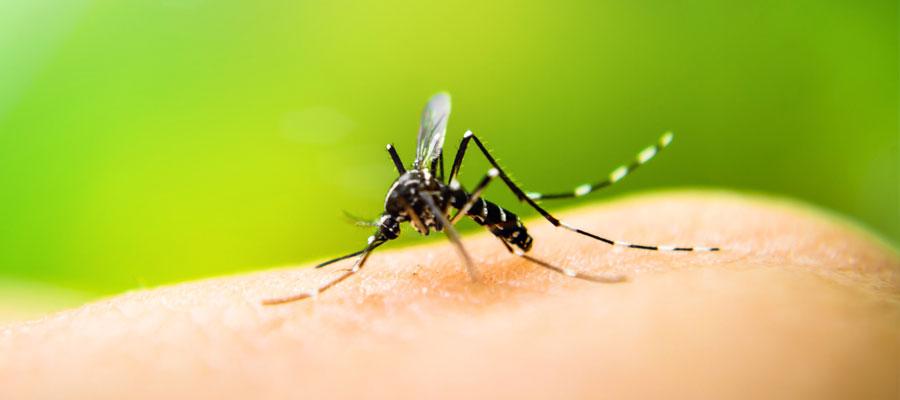CDC alerts clinicians to first locally acquired malaria cases since 2003

The Centers for Disease Control and Prevention is investigating four locally acquired malaria cases in Florida and one in Texas, the first locally acquired U.S. cases since 2003. While the risk of locally acquired malaria remains extremely low, CDC said clinicians should consider a malaria diagnosis in any person with a fever of unknown origin and immediately report suspected or confirmed locally acquired malaria to their public health department. The agency recommends rapid diagnosis and treatment to prevent severe disease or death and limit transmission to local mosquitos, and said hospitals and laboratories should stock malaria diagnostic tests and intravenous artesunate, the first-line U.S. treatment for severe malaria.
Related News Articles
Headline
The South Carolina Department of Public Health reported Feb. 27 that the state’s measles outbreak is at 985 cases, up six cases from Feb. 24. Nationally, there…
Headline
The Centers for Disease Control and Prevention Feb. 26 announced that an infant botulism outbreak that sickened 48 babies who consumed ByHeart formula is over…
Headline
The measles outbreak in South Carolina has increased to 979 cases, the state’s Department of Public Health reported Feb. 24. The agency said there have been 21…
Headline
The ongoing measles outbreak in South Carolina has reached 973 cases, the state’s Department of Public Health reported Feb. 20. Of those, 906 cases are…
Headline
The South Carolina measles outbreak has grown to 950 cases, the state’s Department of Public Health reported Feb. 13. Of those, 246 cases are under age 5, 611…
Headline
There are 933 cases in the South Carolina measles outbreak, the state’s Department of Public Health reported Feb. 10. Of those, 859 cases are unvaccinated, 20…

